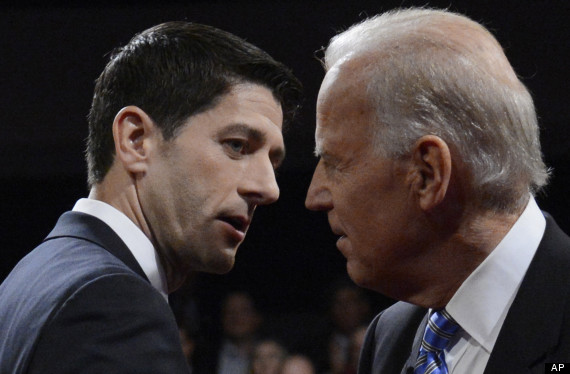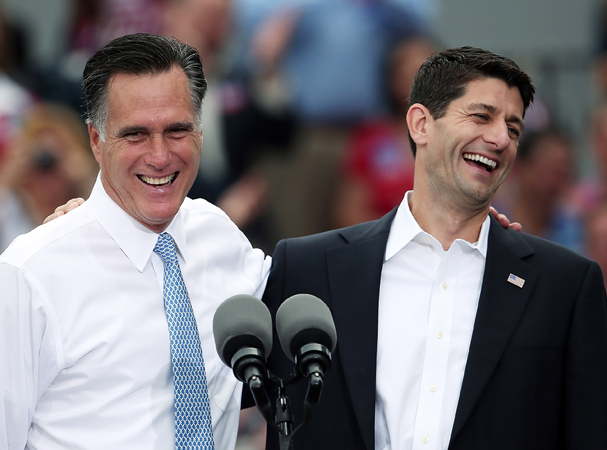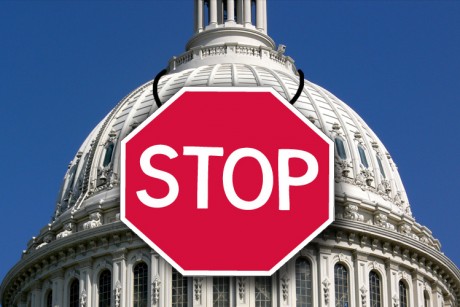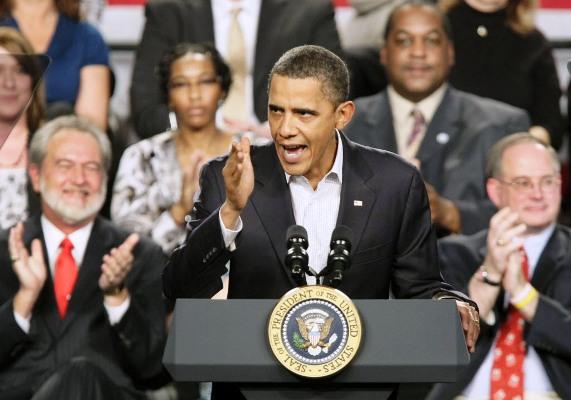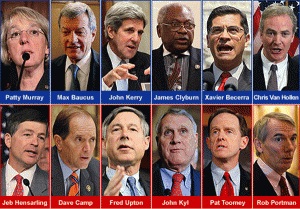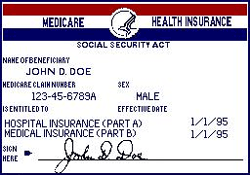US Politics Feature: The Biggest Story --- and Danger --- of the Vice Presidential Debate
Full video of the debate between Vice President Joe Biden and Congressman Paul Ryan
See also EA Video Analysis: How to Become An Expert on the US Presidential Election (Part 2)
For all the verbal combat, the encounter illuminated that the differences between an Obama Administration and a Romney alternative are not as great as advertised.
That was particularly evident on foreign policy, where the concern for many is that a Romney presidency will lead to another misguided overseas adventure. I doubt that concern was eased last night, but at the same time, the debate was notable for how Ryan and Biden effectively converged on a "get tough" posture.
There was nothing on China or Russia, let alone the vanished continents of South America and Africa, and --- compare this to past campaigns --- nothing on Europe and NATO. The international economy, arguably the most important issue right now, did not make even a cameo appearance. Instead, this was a conversation about who could be the harder man over the Middle East and Iran.
 Barack Obama,
Barack Obama,  Joe Biden,
Joe Biden,  Mitt Romney,
Mitt Romney,  Paul Ryan,
Paul Ryan,  The Hill,
The Hill,  US Elections 2012
US Elections 2012 
